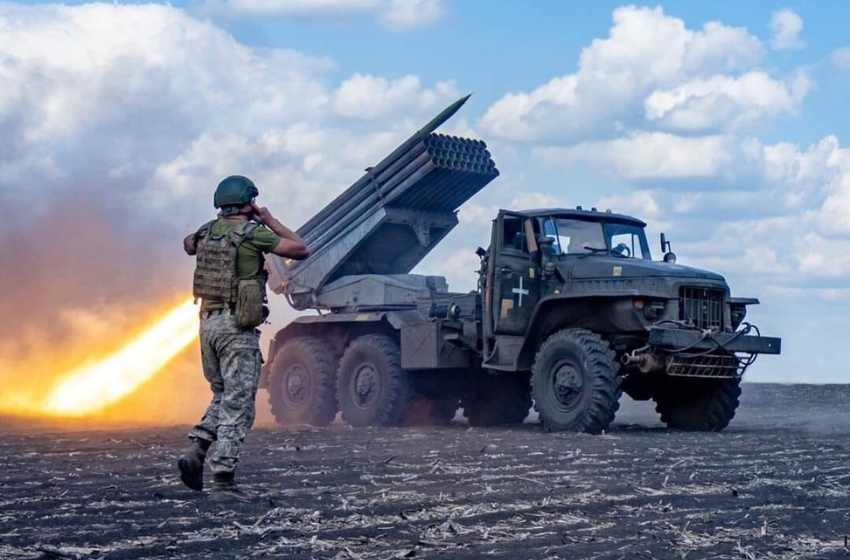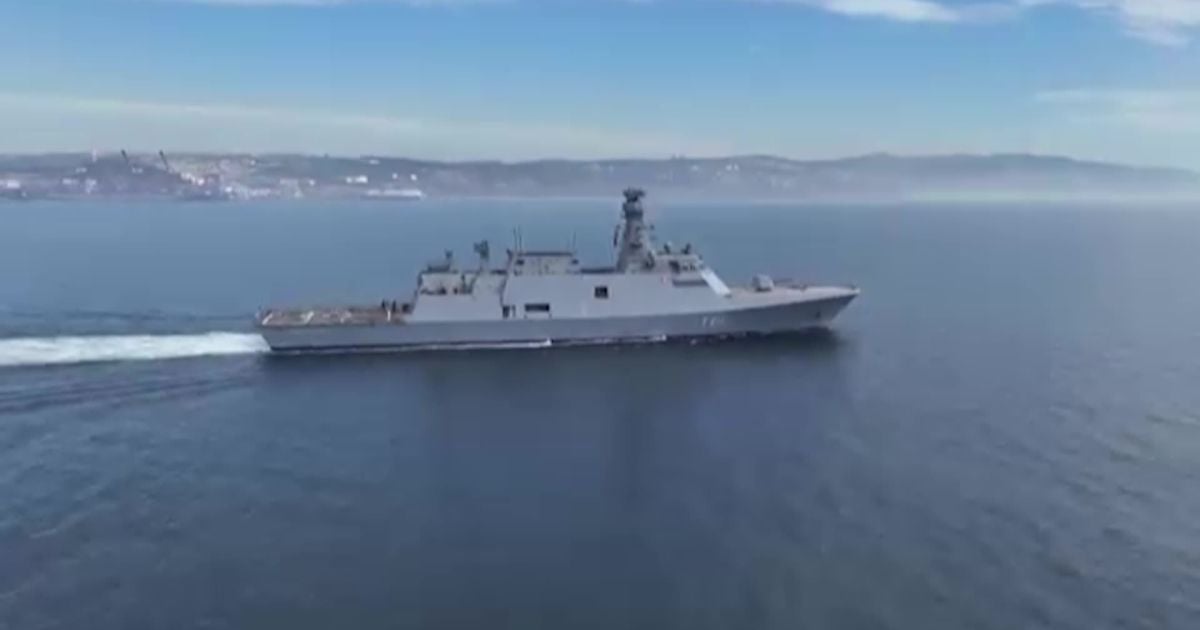Putin has previously attempted to present Prigozhin as corrupt and a liar to destroy his reputation among Wagner personnel and within Russian society and to rhetorically separate Prigozhin from Wagner.
ISW assessed on June 27 that the Kremlin would likely continue to attack Prigozhin’s character to break Prigozhin’s popular support, discourage Wagner personnel from following him to Belarus, and destroy his financial power.
Putin’s June 29 meeting with Prigozhin and 35 Wagner commanders further indicated that Putin intends to maintain the Wagner Group as a cohesive fighting force rather than breaking it up while also seeking to separate Prigozhin from Wagner leadership and forces.
Prigozhin’s presence at a Wagner base near Asipovichy, Belarus, on July 18 and on the sidelines of the Russia-Africa Summit in St. Petersburg on July 27 suggests that Prigozhin has maintained his position as the effective leader of the Wagner Group and that Putin has thus far failed to separate Prigozhin from Wagner.
A Russian insider source claimed on August 9 that the Kremlin’s rhetorical attacks against Prigozhin decreased dramatically after Putin’s meeting with Wagner leadership on June 29, but began to increase again in early August.
An increase in Kremlin attacks on Prigozhin, if true, could indicate that Putin has recommitted to his original goal of destroying Prigozhin and creating a clear separation between Prigozhin and Wagner.
There are other possible outcomes that would see Wagner reconstitute as a unitary fighting force reminiscent of its operations in Ukraine, although ISW has observed no indicators for these outcomes, which appear unlikely based on available information. The Kremlin’s likeliest courses of action vis-à-vis Wagner will likely lead to an overall decrease in the combat power that Wagner could offer the Russian military, as either approach will likely dissuade some elements of Wagner from continuing to serve, whether in a Wagner without Prigozhin or in some type of entity completely subordinated to the MoD.





















